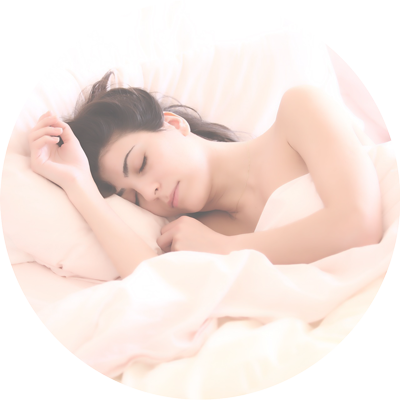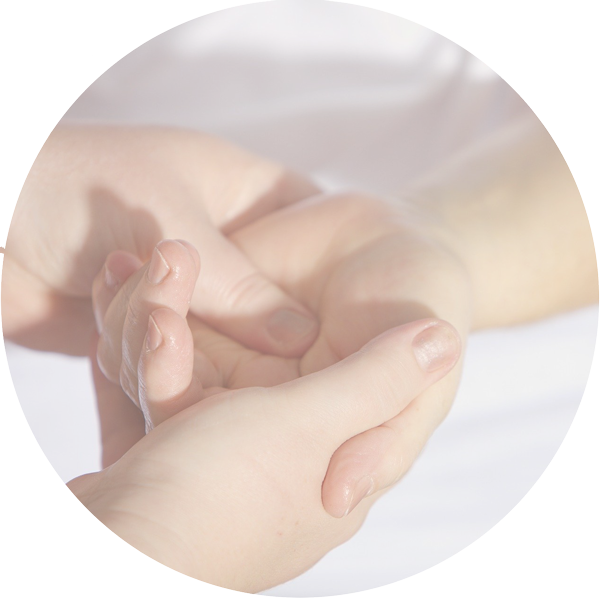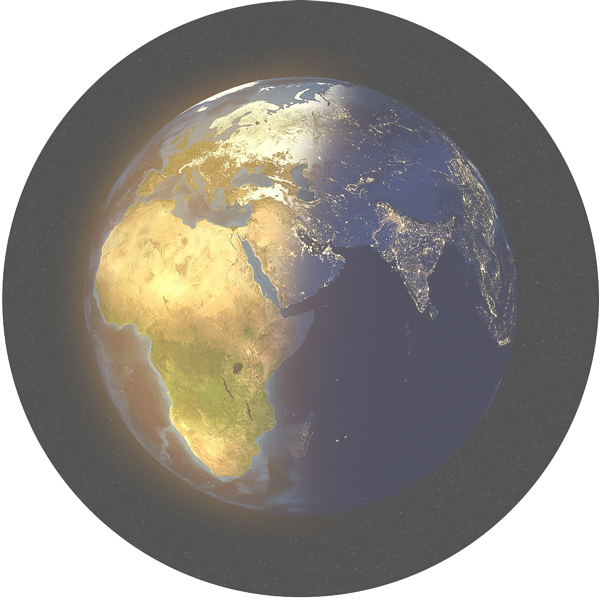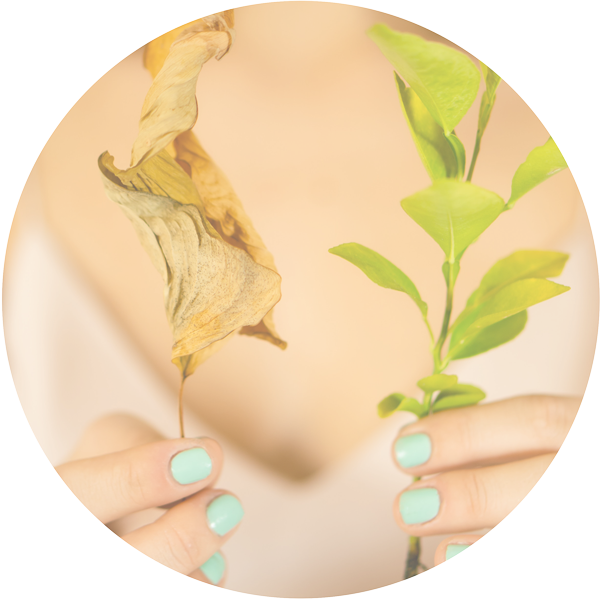A quick, simple and effective tool to support difficulty falling or staying asleep.
Read MoreRecurring eczema
Address the deeper 'why' behind skin symptoms
Eczema can be frustrating and uncomfortable, plus skin conditions commonly feel embarrassing. We can suffer with chronic eczema for years, thinking it is a reaction to something external, perhaps an allergy. But creams and medication just don’t seem to permanently solve our discomfort. I had eczema on my foot on and off for over a decade. When I looked deeper, at why my skin was reacting in this way and began to address the root cause, my symptoms began to change.
What is your skin numbing you from feeling?
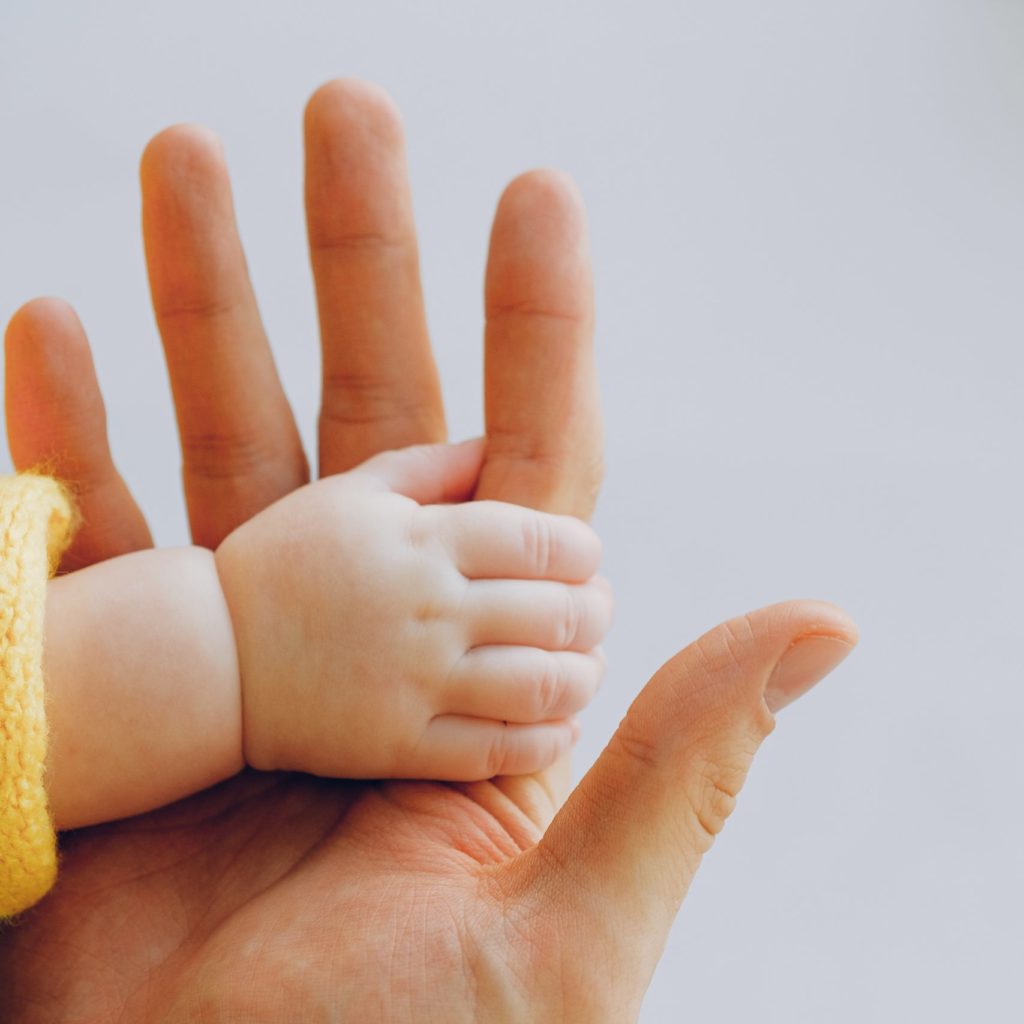
Have you experienced…
- The loss of a loved one or a pet
- Sadness about children flying the nest
- Missing the connection or touch of someone close
- A painful separation
- Not wanting to feel something on your skin?
Every tissue in our body is listening and responding to our experiences. If we experience stress or trauma a part of our body will adapt to attempt to help us cope.
Which part of the body depends on how we perceive the experience. The surface of our skin is there to help us feel, touch and connect with others and the world around us. If we perceive an experience to be a painful loss of touch or connection or touch or connection that we don’t want, our skin can react and develop symptoms.
Changing symptoms
Sometimes our skin can be dry and flaky and then it can shift and become itchy, blotchy, red and hot – like a rash. These are signs that our skin is going through cycles in response to stress.
When we are closer to the emotions related to touch, more stressed, our skin is dry, flaky and numb. When the stress is dormant, the skin goes into repair and becomes hot and itchier.
You may have noticed that over 24 hours your symptoms shift through these cycles? At night our whole system naturally moves into rest and repair and this can reduce the stress and shift our symptoms to be less dry and flaky.
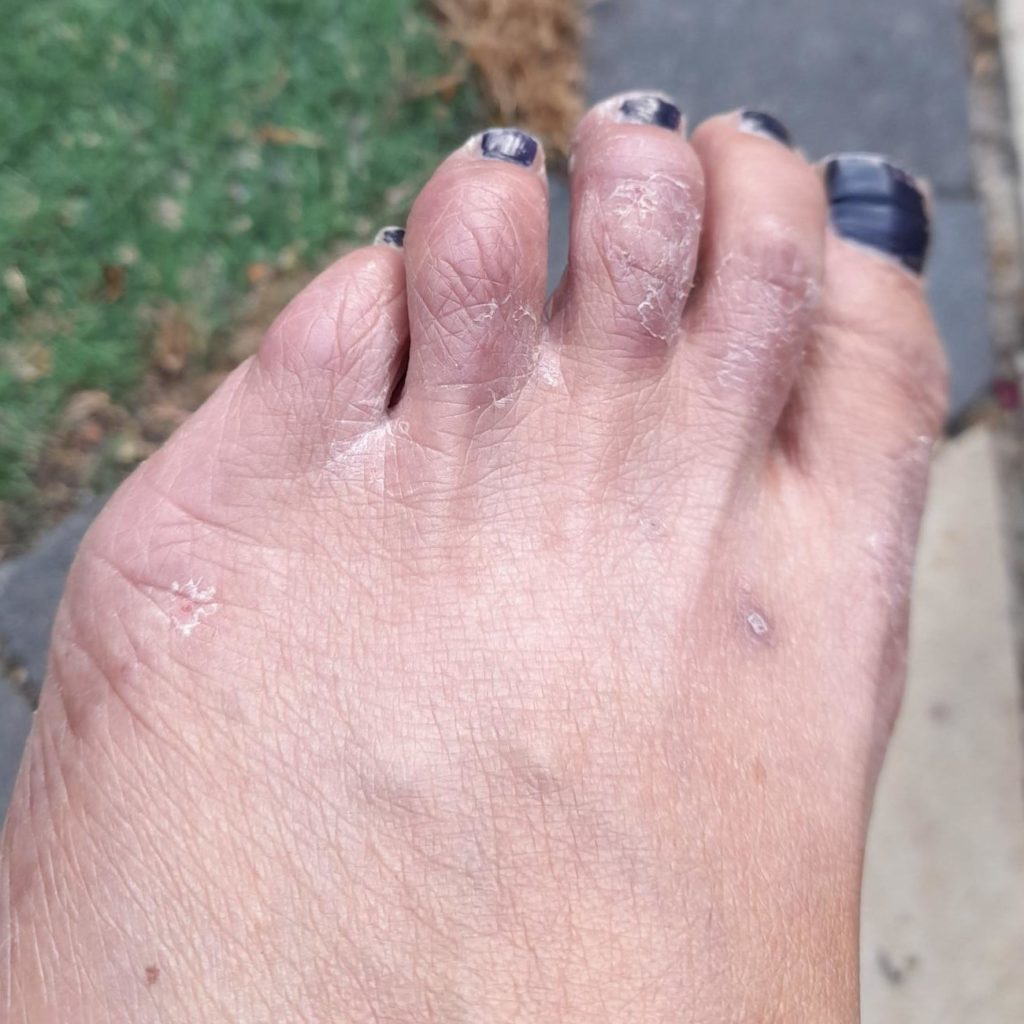
Why is my eczema in one area?
Location matters. This is most obvious with young babies. Cradle cap (dry skin on the scalp) is a common symptom for newborns. The top of their head has spent months resting, top down, against their mother’s womb. That sense of connection and reassuring pressure on their skin is lost after they are born. Babies can also develop eczema on their face after a breastfeeding stage ends because they no longer feel the comfort of their cheek resting against their mother’s breast.
If we miss holding someone in our arms, skin symptoms may appear here. For me, my eczema on my foot was related to a fear of putting my left foot down and a fear of trusting and grounding on one side.
Your symptoms and root cause are as unique as you.
When we find and address this unique root cause, we can fully support our skin to rebalance, from within, and let go of this coping mechanism.
Ready for change?
Relieve pain and address the root cause. Book your free 20 minute discovery call.
Begin your upward spiral to health and well-being
Mindful touch – listening to the body to support self-healing
Presence and intention through touch create a powerful potential for healing.
Read MoreThe stress response – our bodies natural rhythms
Understand your body's natural rhythm and the signs of imbalance. When we are living in survival mode, or chronic stress,...
Read MoreAn expanded definition of medicine
An evidence-based approach to prevent and reverse chronic disease.
Read More
